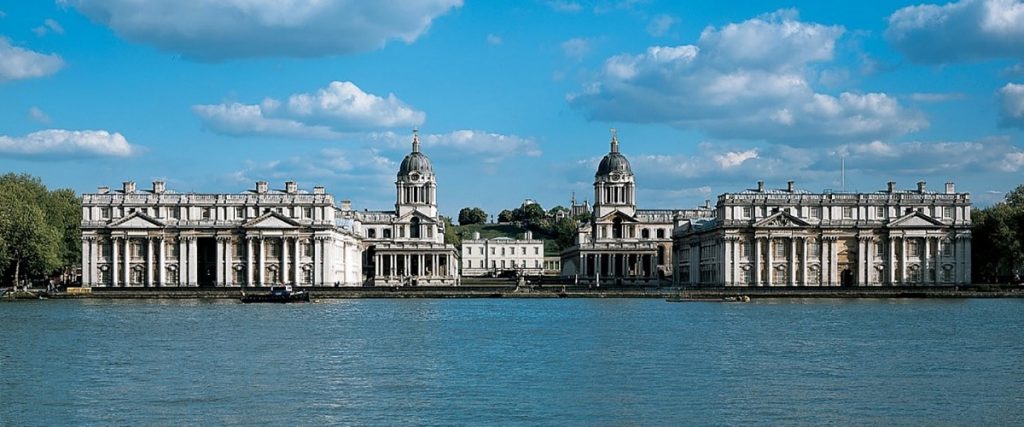Trinity College of music
Where tradition and innovation meet
May 2022
On a Friday 15th June 1877, 1,118 candidates took the first external Trinity exams. Today’s music graduate exams are direct descendants of those first.
Trinity’s institutional origins date back to 1872, when the College was created “for the advancement of Church music and the improvement of its musicians.” Trinity’s founder, Henry George Bonavia Hunt, was born in 1847. While still a law student at the London Temple, Bonavia Hunt assembled a group of influential musicians from the Church of England to establish a place for training and practice in choral and instrumental music. Trinity introduced a system of local examinations, first in theory and from 1879 in instrumental and vocal music and finally establishing the current structure of ATCL, LTCL and FTCL, which remains the “industry standard” to this day.
40 years before married women over 30 could vote in Britain, Trinity decided that public examinations, originally only open to male members of the Church of England, should be open to all, whether men or women, college students or not. Therefore, on November 23, 1878, it was decided “that for the future, the ladies can enter for the higher TCL exams.”
In 2005, Trinity College of Music and Laban, leading centers of music and contemporary dance, came together to form Trinity Laban Conservatoire of Music and Dance, becoming the UK’s first ever conservatoire of music and dance. This unique and innovative conjunction has created exciting opportunities for collaboration between instrumentalists, singers, composers, dancers and choreographers. The Faculty of Music is celebrated for its fine facilities, which include state-of-the-art practice rooms, the Jerwood Library of the Performing Arts well equipped concert halls in nearby Blackheath.

Overall, the student’s opinion about the college is very favorable. “Everyone is so lovely and welcoming it would be hard to not feel at home right away”, said a third year Student. However, some point out some problems with Student accommodation which is not the best, but it isn’t actually run by Trinity Laban.
To finish with, about the courses, the general reaction is very good. When asked, one of the students reported: “In first year, some of the lessons are a bit pointless and feel like a waste of time, but from year two onwards they have improved a lot. The contact hours and one-to-one teaching mean you get more for your money than at a traditional university.”
The historical prestige that Trinity has achieved continues in force these days and the values and ideals of their founders are already very present in each course and in every student who is admitted.
